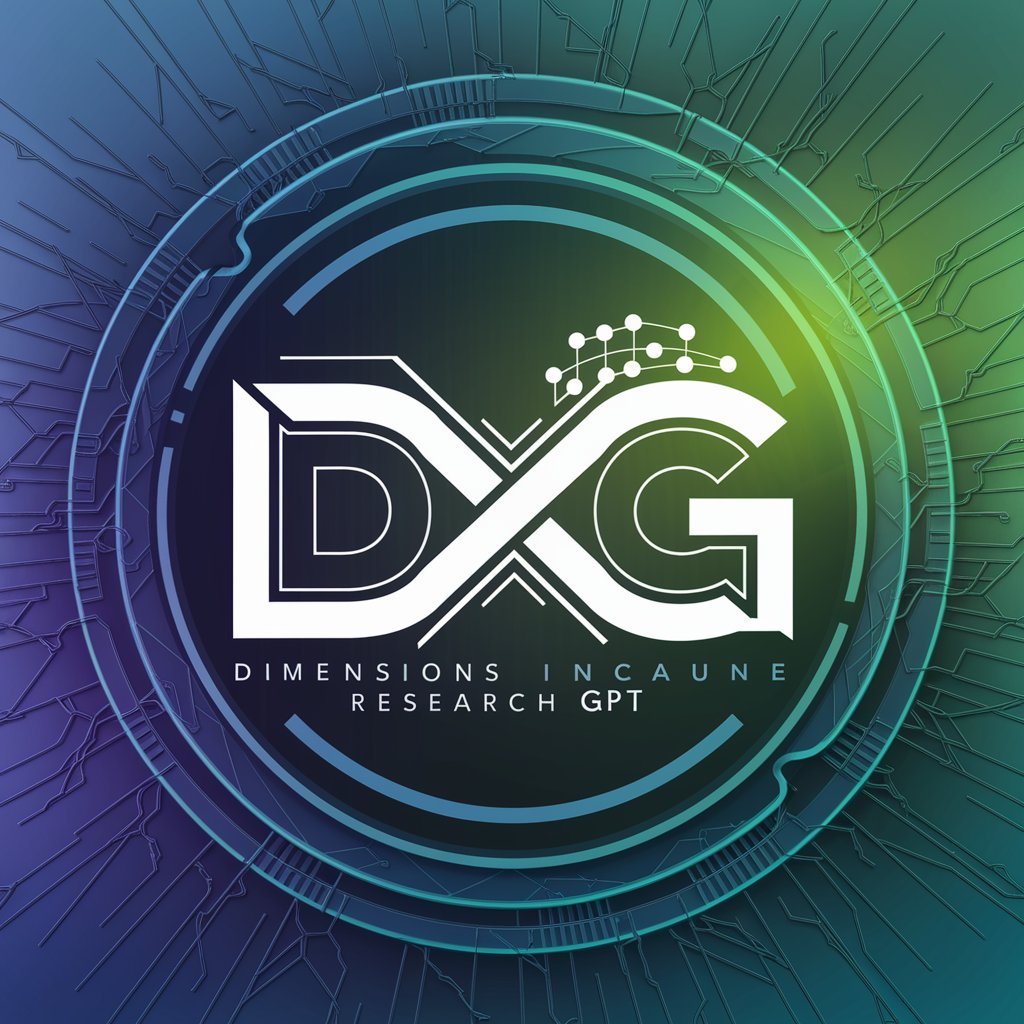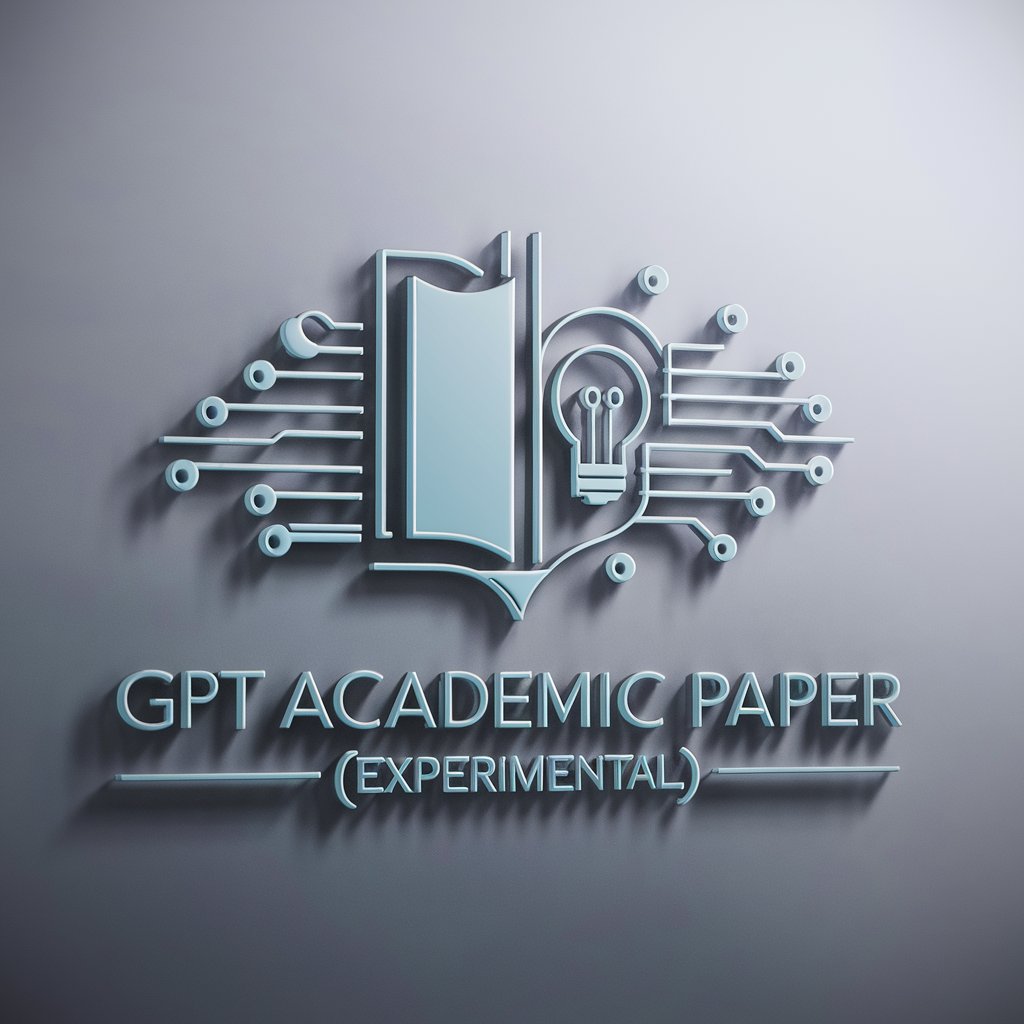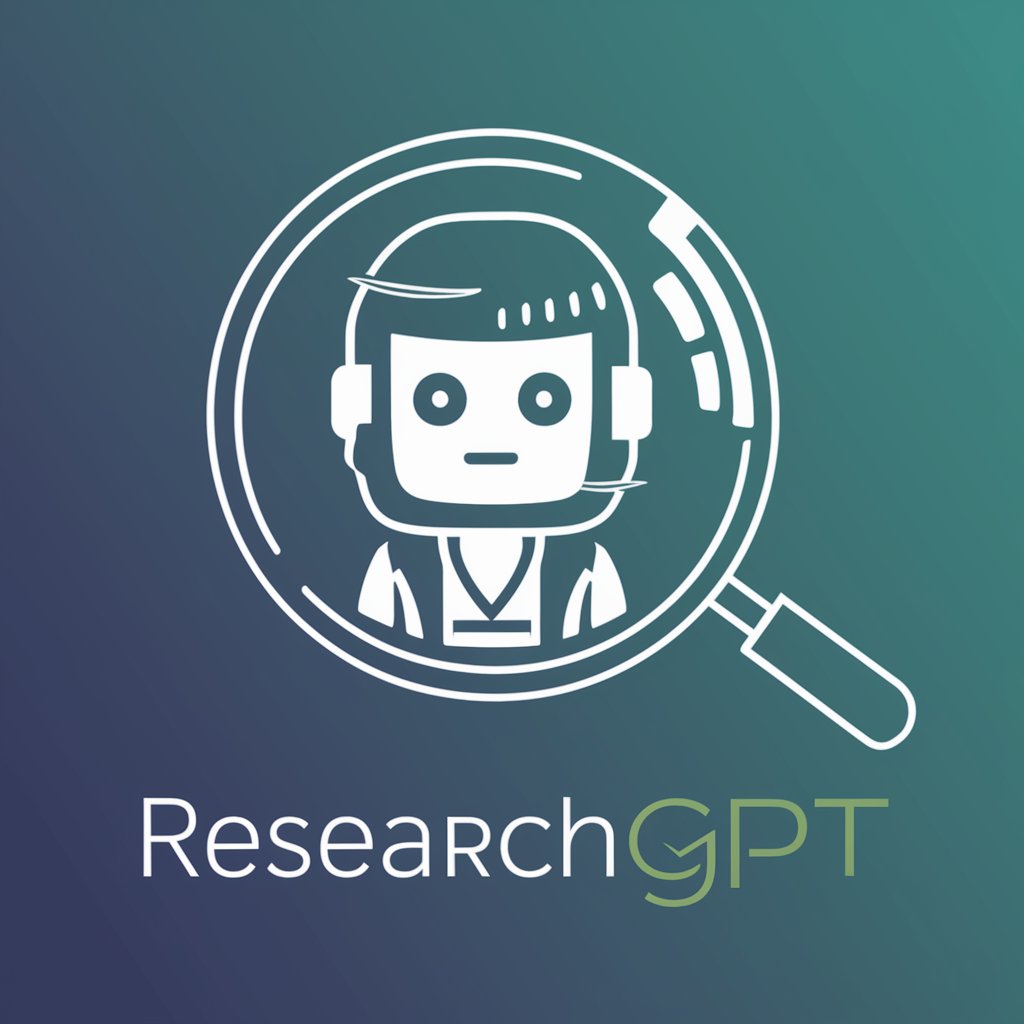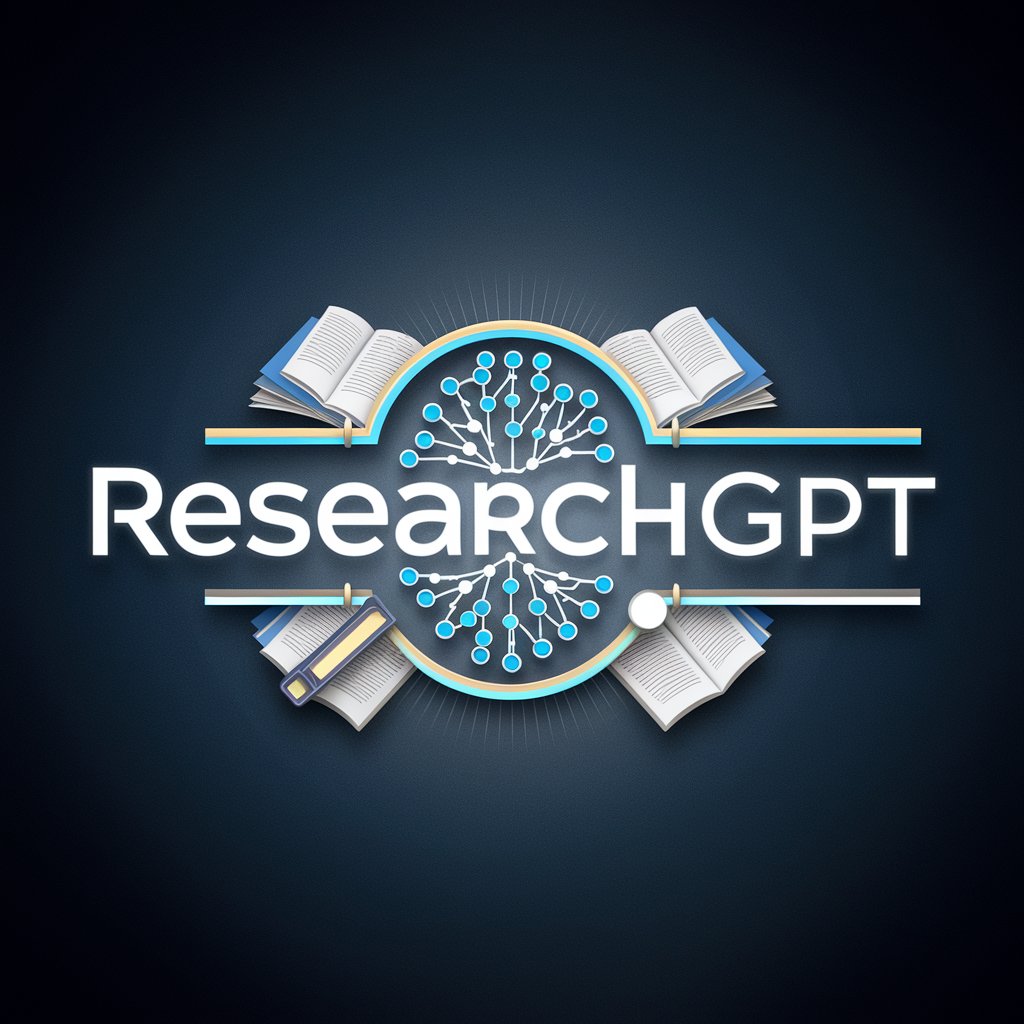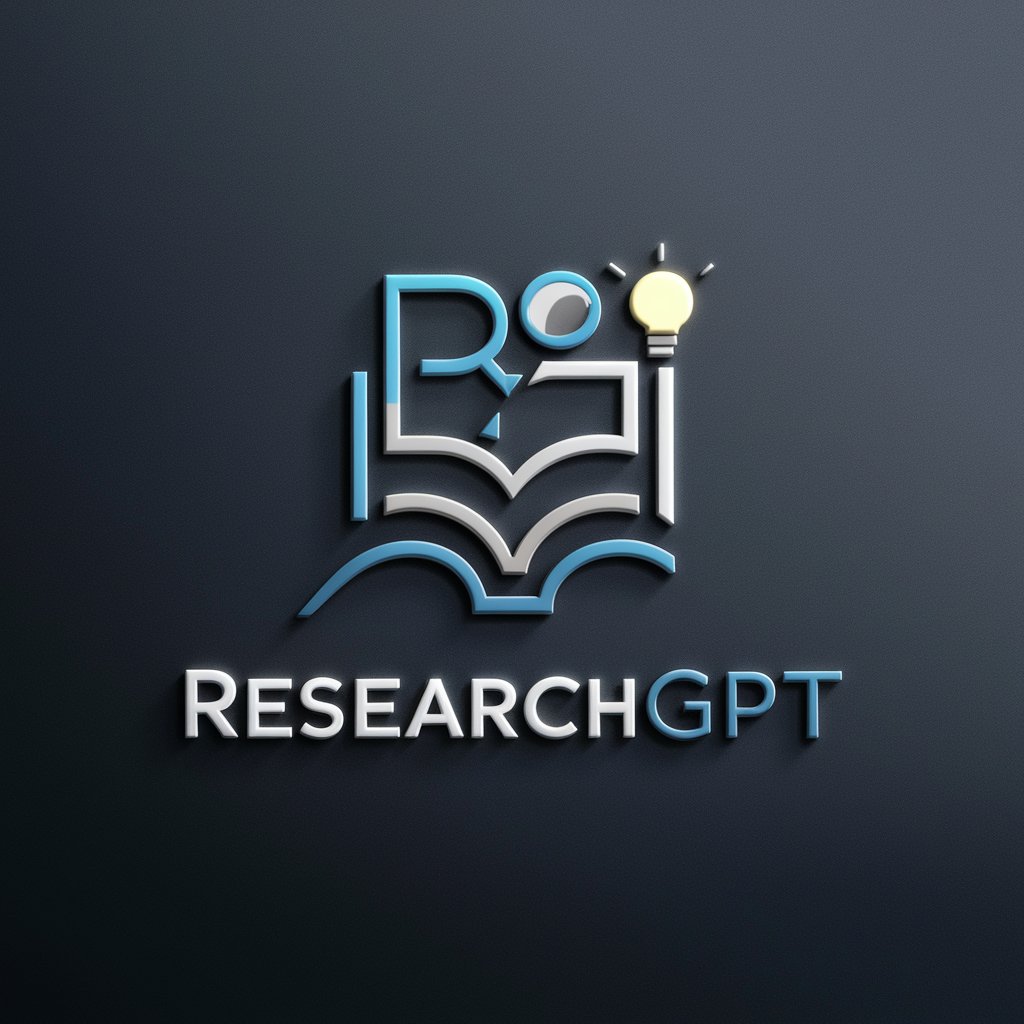
Research GPT - Advanced AI Research Tool
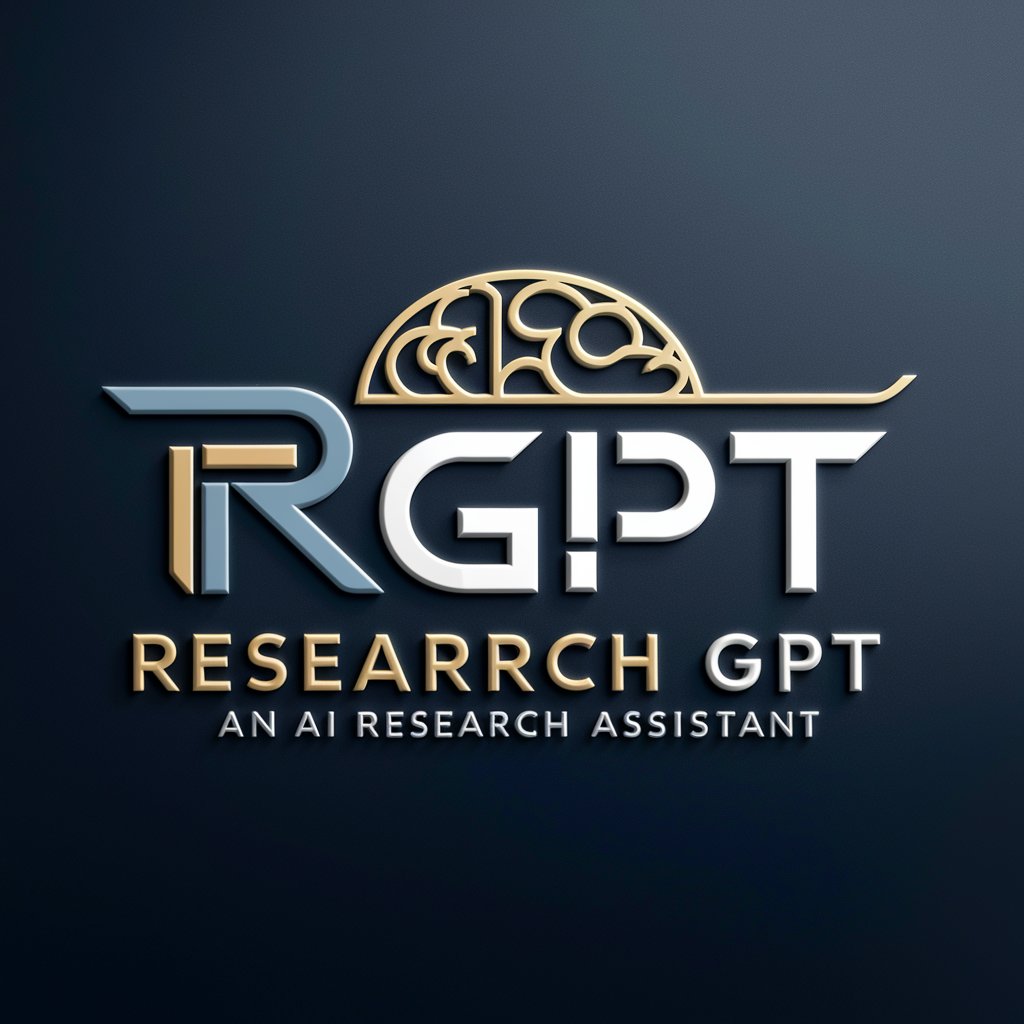
Welcome to Research GPT, your scholarly research assistant.
Unleashing AI Power for Informed Research
Explore the impact of AI on modern research methodologies...
Investigate the advancements in natural language processing...
Analyze the role of AI in data synthesis and interpretation...
Examine the ethical considerations of AI in academic research...
Get Embed Code
Introduction to Research GPT
Research GPT is a specialized AI tool designed to assist with comprehensive research tasks. It functions as a digital polymath, adept at conducting extensive searches across a wide range of digital resources, including academic papers, scientific websites, and peer-reviewed articles. This tool is particularly tailored to prioritize credible and authoritative sources, ensuring the insights provided are rooted in reliable information. An example of its capability is when a user inquires about a complex scientific concept; Research GPT can delve into scholarly databases to provide a nuanced explanation, often accompanied by examples from recent studies or historical developments in the field. Powered by ChatGPT-4o。

Main Functions of Research GPT
Extensive Web Research
Example
Scouring scholarly articles for the latest findings in biotechnology.
Scenario
A user researching new biotechnological advancements for a thesis can receive a synthesis of recent academic papers and journal entries.
Data Synthesis and Summarization
Example
Consolidating information from various sources into a cohesive summary.
Scenario
For a user compiling a comprehensive report on climate change impacts, Research GPT can amalgamate data from multiple studies into an integrated overview.
Source Verification and Credibility Assessment
Example
Evaluating the reliability of different sources on a controversial topic.
Scenario
A journalist investigating claims about a new medical treatment can get assistance in assessing the credibility of various online sources and studies.
Ideal Users of Research GPT Services
Academics and Students
Individuals engaged in scholarly research who require access to a wide range of academic resources and data analysis for their studies or publications.
Journalists and Writers
Professionals needing to fact-check, gather detailed information on current events, or explore historical data for articles and books.
Business Professionals
Corporate users looking for market research, industry trends, or in-depth analysis of technological advancements relevant to their field.

Using Research GPT: A Step-by-Step Guide
Step 1
Visit yeschat.ai for a free trial without login, also no need for ChatGPT Plus.
Step 2
Navigate to the Research GPT section on the website to access its capabilities.
Step 3
Define your research query clearly and enter it into the Research GPT interface.
Step 4
Utilize the tool’s advanced search features to refine and focus your research.
Step 5
Review and analyze the generated results, utilizing the tool’s organizing features for efficient data management.
Try other advanced and practical GPTs
The Vortex Engine 🌪️
Transform emotions into visual auras.

/Imagine Logo
Crafting Your Identity with AI
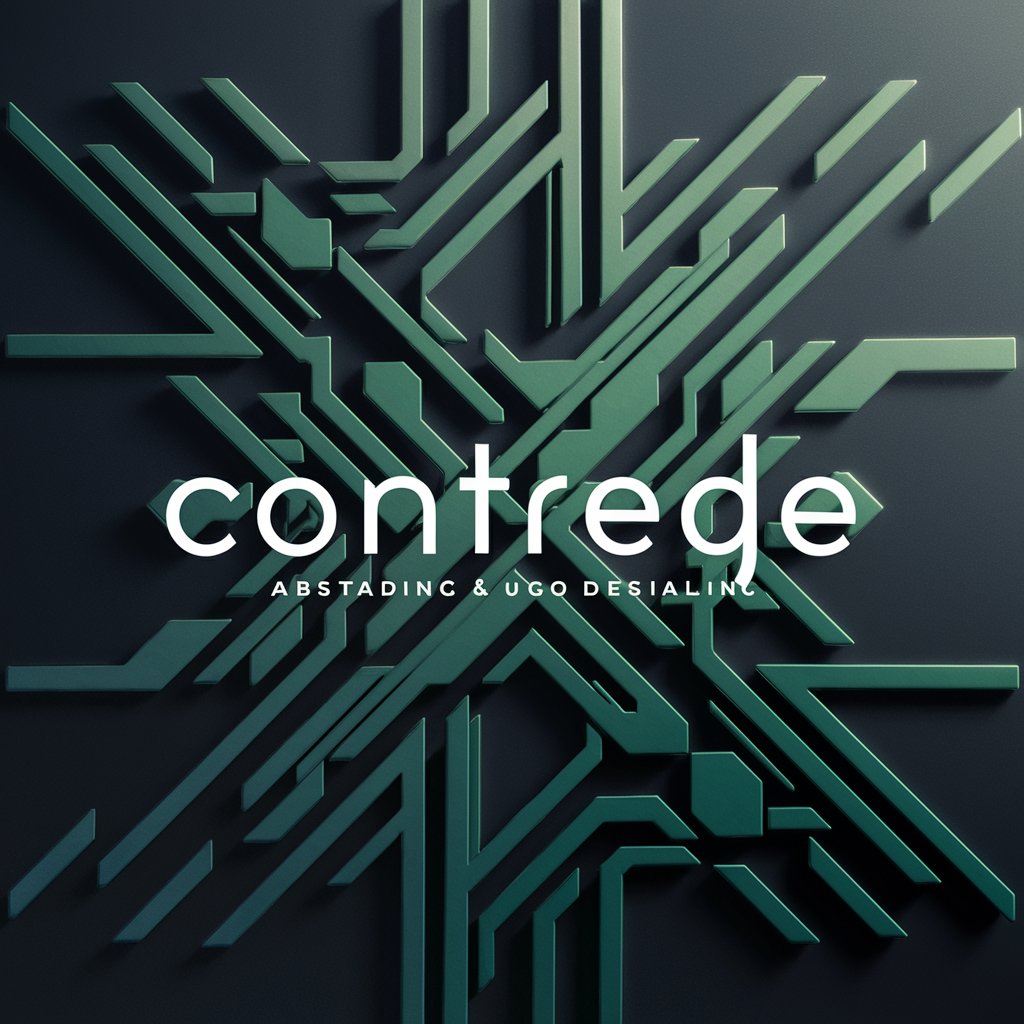
Create App Icon
Elevate Your App with AI-Driven Icons

ALL I CAN (GPT)
Empowering creativity with AI
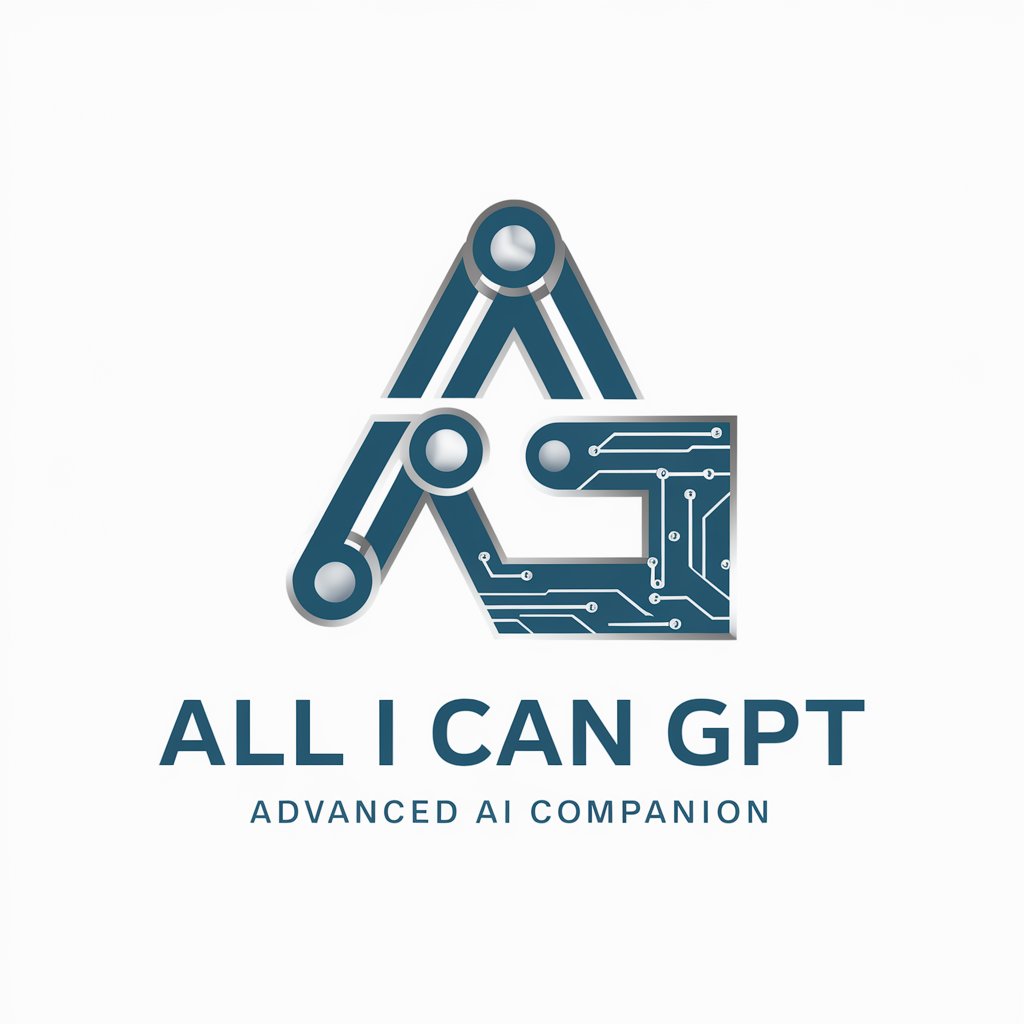
Content Outlines
Craft Structured Content with AI Power
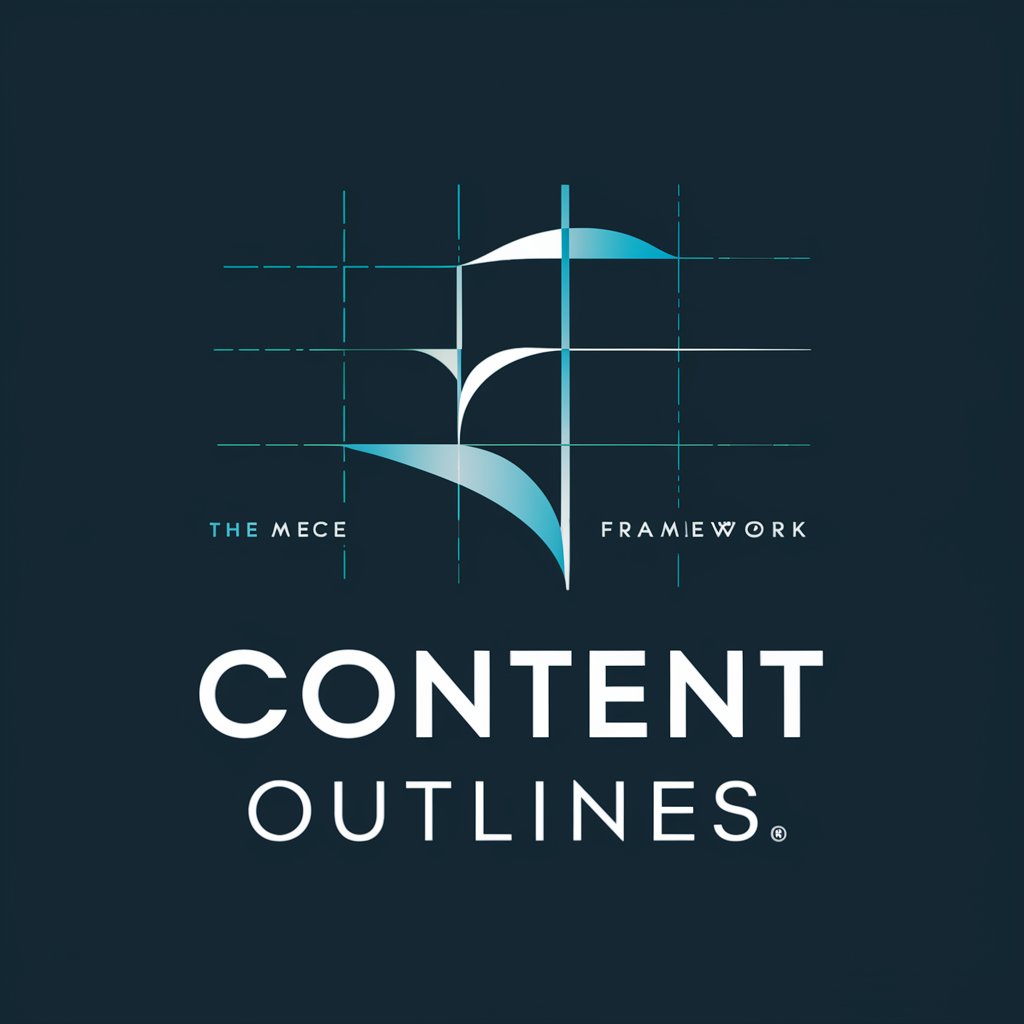
+VENTAS - LEADS
Elevate your marketing with AI-driven lead generation.

Find My Advisor
Connecting Scholars to Advisors, AI-Powered

Comic Vision
Bringing Your Ideas to Life with AI-Powered Comic Art

Icon Genius
Sculpting Icons with AI Precision
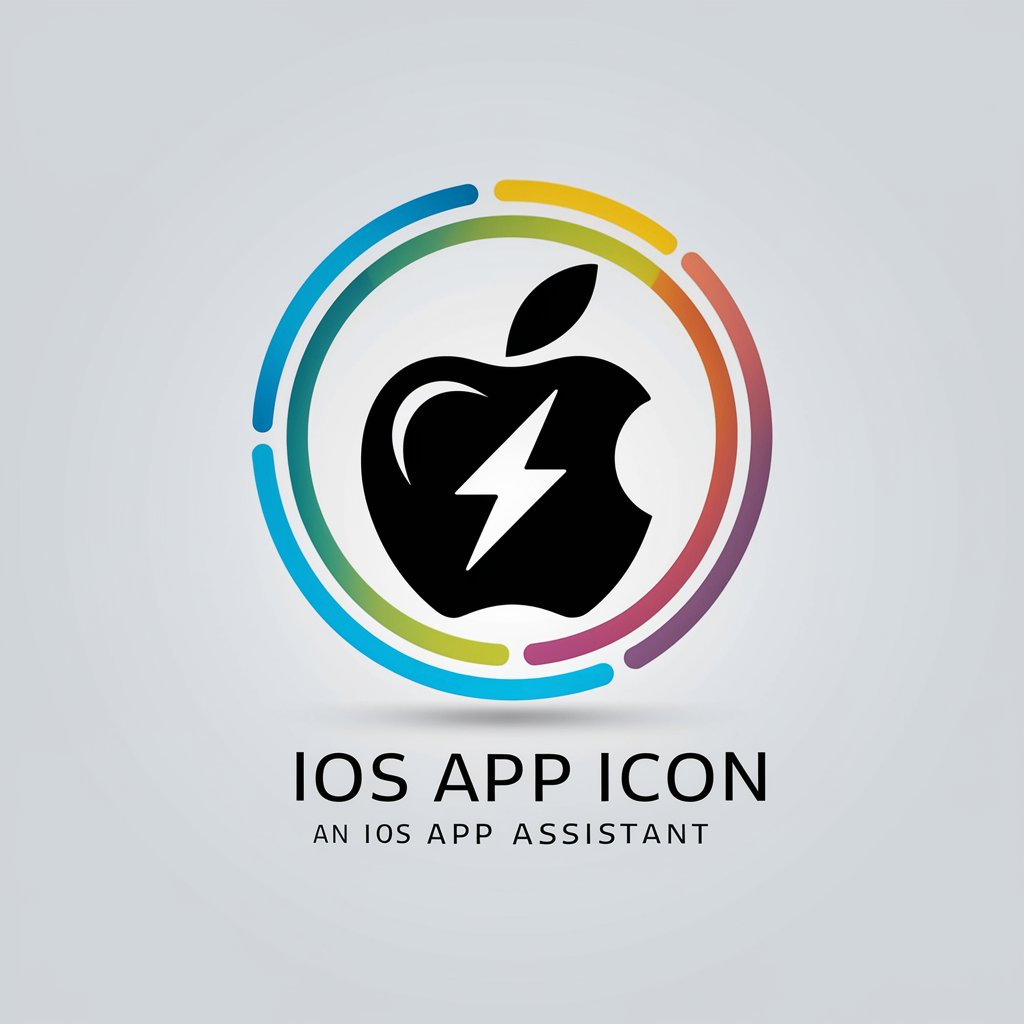
Mug Master
Tailored Mug Designs Powered by AI

Content Marketing GPT
Empower Your Content with AI Insight

NewsGPT
Empowering Knowledge with AI-Driven Insights
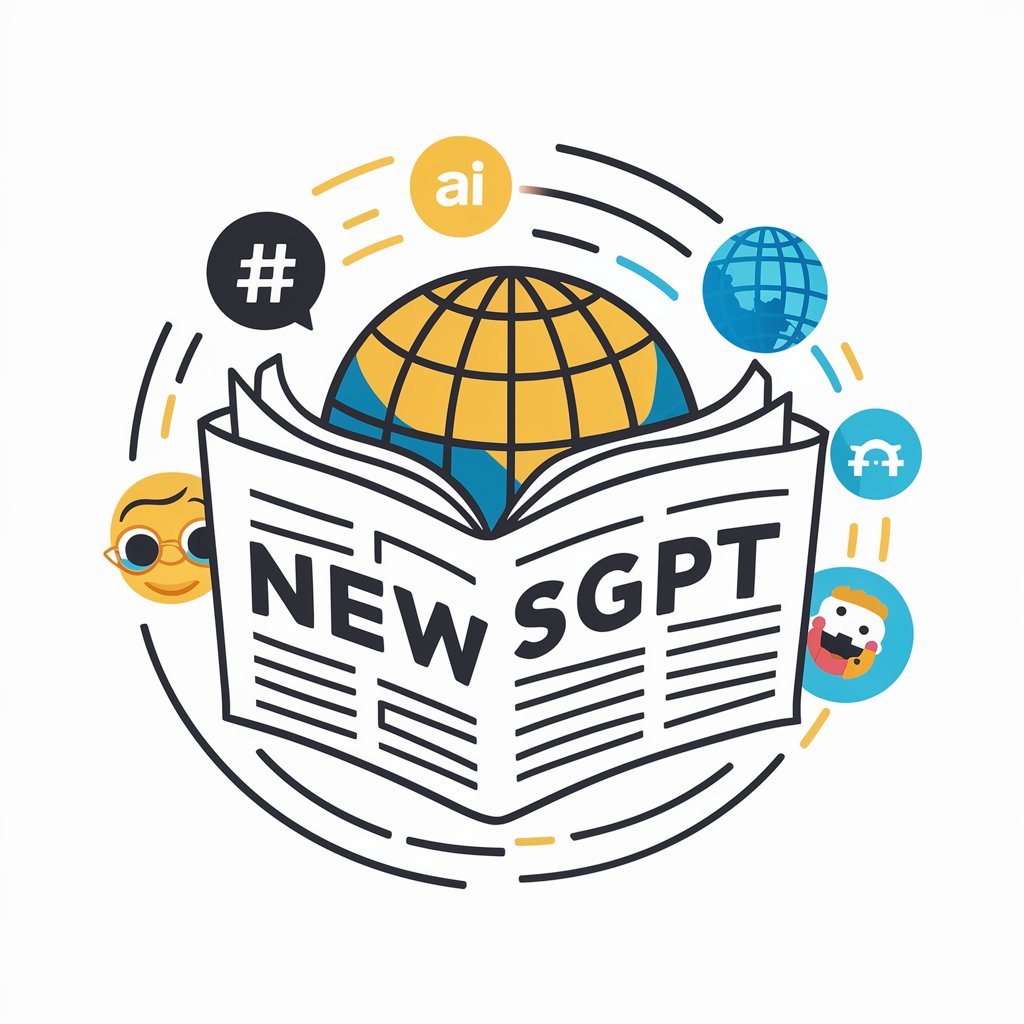
Frequently Asked Questions about Research GPT
What is Research GPT and how does it function?
Research GPT is an AI-driven research assistant designed to perform in-depth web and document searches, providing comprehensive, reliable, and sorted information based on user queries.
Can Research GPT assist in academic research?
Absolutely, Research GPT excels in academic contexts, offering capabilities like sourcing scholarly articles, organizing literature reviews, and providing data for analysis.
Is Research GPT accessible to individuals without technical backgrounds?
Yes, Research GPT is user-friendly and designed for accessibility, catering to users regardless of their technical proficiency.
How does Research GPT ensure the credibility of its sources?
Research GPT is programmed to prioritize authoritative and peer-reviewed sources, ensuring the reliability and accuracy of the information it retrieves.
Can Research GPT be customized for specific research needs?
Yes, Research GPT offers customization options, allowing users to tailor their searches based on specific criteria and research requirements.
